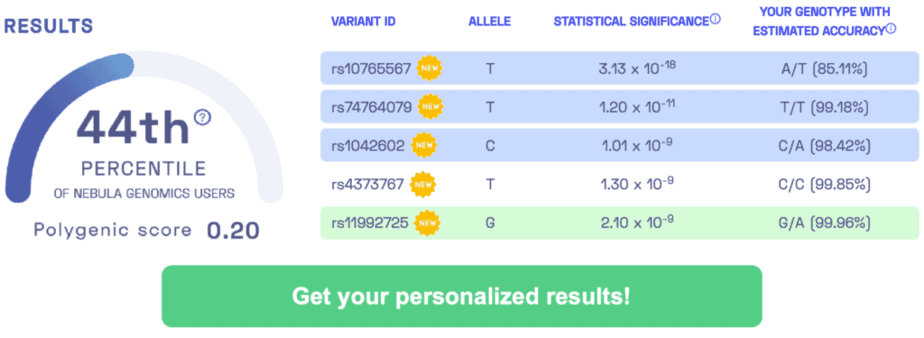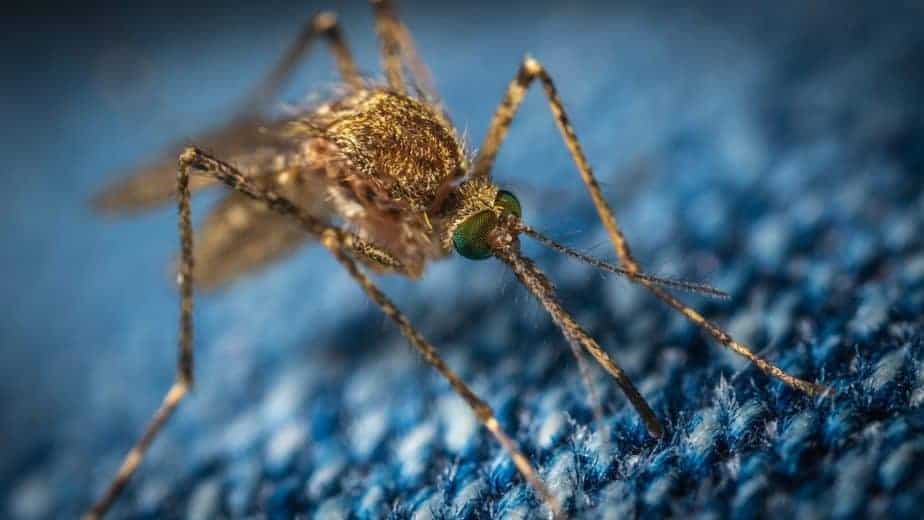SUMMARY: Discovery of 3 genetic variants that are associated with attractiveness to mosquitoes.
OVERVIEW: There are many enjoyable aspects of spending time outdoors during the summer: campfires, stargazing, and picnics are just a few. Unfortunately, trying to enjoy those long, warm days also means having to contend with mosquitoes trying to feast on you. In addition to being a nuisance and causing itchy bites, mosquitoes are known to transmit many serious diseases, like malaria. But, have you ever wondered why it seems like mosquitoes seem to pick on certain people while leaving others alone? This genome-wide association study examined over 16,500 individuals of European ancestry to determine what makes some people more prone to mosquito bites. The study linked 3 genetic variants to attractiveness to mosquitoes. These variants are near genes that play a role in the immune system and odor production, which may explain how they affect proneness to mosquito bites.
DID YOU KNOW? Mosquitoes shouldn’t hold you back from enjoying your time outdoors! Environmental Protection Agency (EPA)-registered insect repellents are safe and effective, and covering up with long-sleeve shirts and pants can also help keep these pesky bugs away. [SOURCE]
SAMPLE RESULTS: Learn more about the Nebula Research Library.

ANALYZED VARIANTS: rs309403, rs1858074, rs9268659
ADDITIONAL RESOURCES:
Mosquitoes
The loathsome, lethal mosquito (Video)
WEEKLY UPDATE: December 26, 2019
